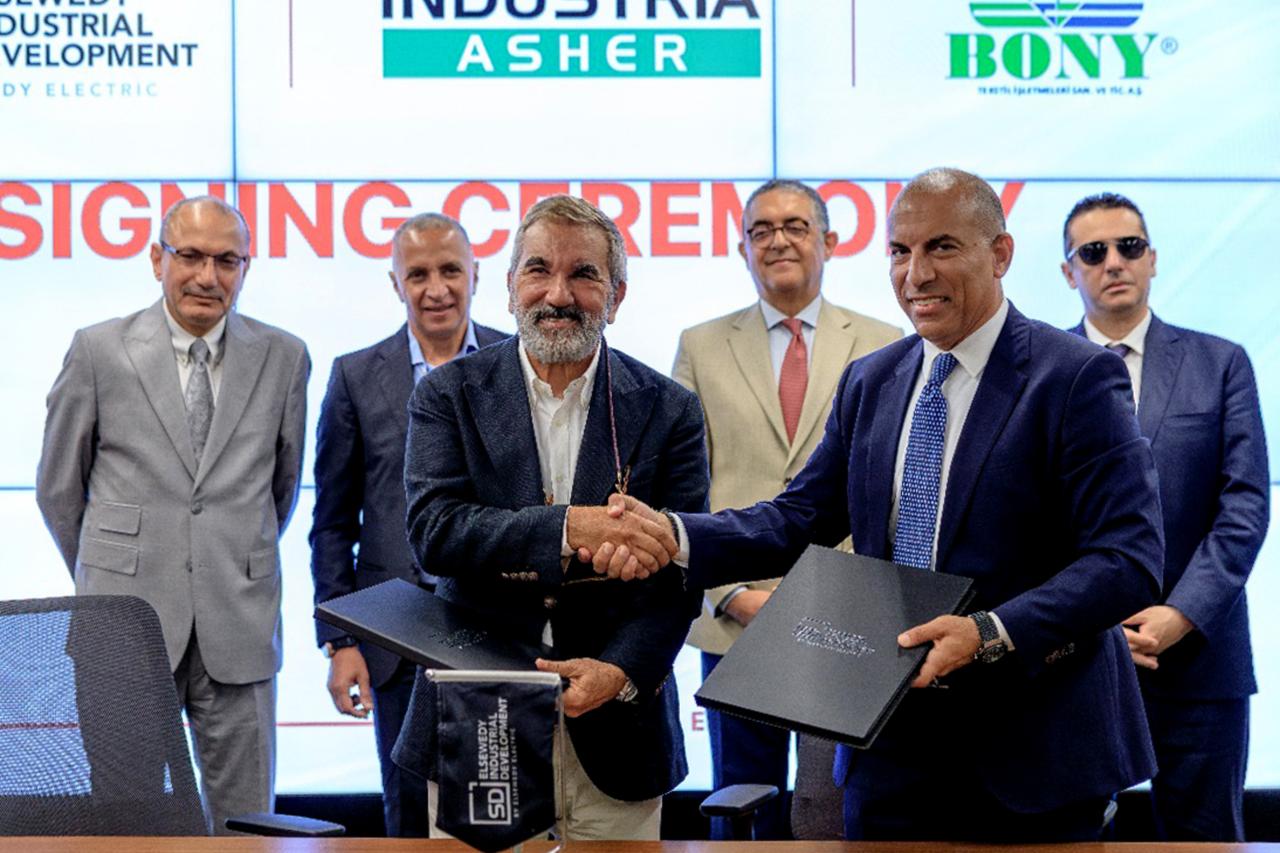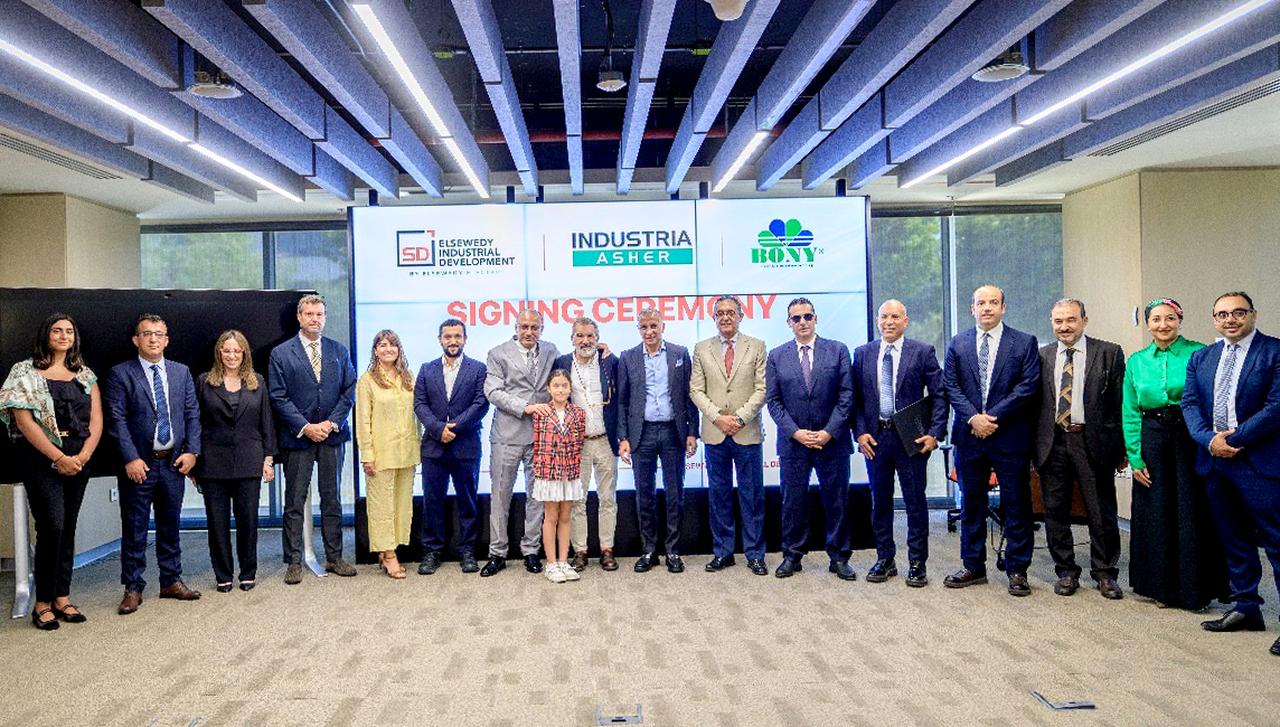
Turkish apparel manufacturer Bony Socks has signed a strategic investment agreement in Egypt, planning to establish a new production facility in the capital region for $100 million.
Under the partnership, Bony Socks has acquired a 120,000-square-meter plot in the “Industria El Asher” industrial zone, located in 10th of Ramadan City—an urban area known for its proximity to Cairo and its growing manufacturing base. The plant is scheduled to be completed by the end of 2026, when production is expected to begin.
The investment, carried out in cooperation with the Egyptian Commercial Office in Istanbul and local industrial developer Elsewedy Industrial Development, aims to transform Egypt into a key production and export hub by leveraging its geographic access to both African and European markets, according to Hasan Gulkaya, chairman of the board at Bony Socks.
The facility is expected to create employment for around 2,500 people, both directly and indirectly, Gulkaya added. He emphasized that Egypt’s logistical position and trade potential made the location an attractive long-term opportunity for expanding Bony’s international footprint.
Separately, the General Authority for Investment and Free Zones (GAFI) CEO Hossam Heiba noted that the Egyptian government is prioritizing sectors with high employment potential, such as textiles. Heiba highlighted ongoing efforts to expand industrial zones in cities, including 10th of Ramadan, Sadat, Suez, and Minya, tailored to meet the infrastructure needs of investors.

Founded in 1986, Bony Socks is one of the largest sock manufacturers in Europe.
Egypt has emerged as a key destination for Turkish investment in recent years, particularly in export-oriented sectors such as textiles, due to competitive advantages including significantly lower costs, government incentives for foreign companies, and proximity to key markets.
According to the Türkiye-Egypt Business Council, the total investment by Turkish companies in Egypt surpassed $3.5 billion in 2025, with an additional $500 million in investments projected for both 2025 and 2026. These initiatives, primarily aimed at increasing bilateral trade volume to $15 billion, have generated around 100,000 jobs across the country in sectors including white goods, tourism, retail, plastics, and especially textiles and apparel.